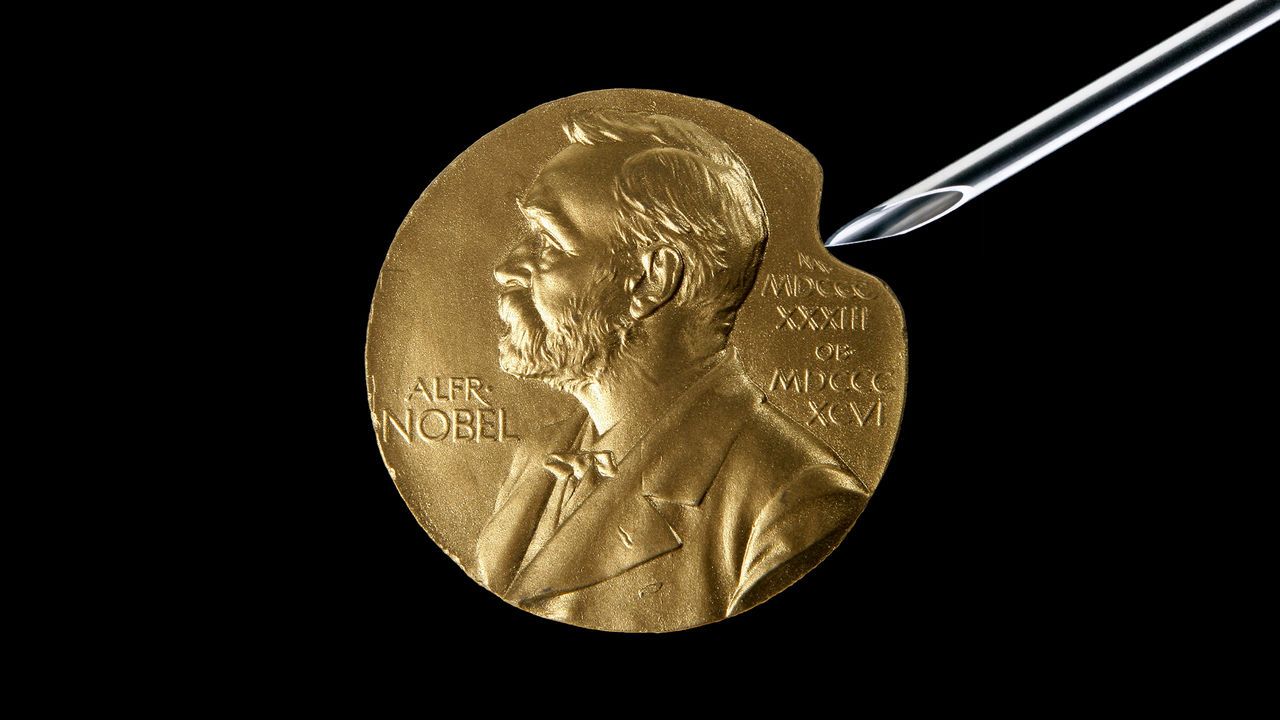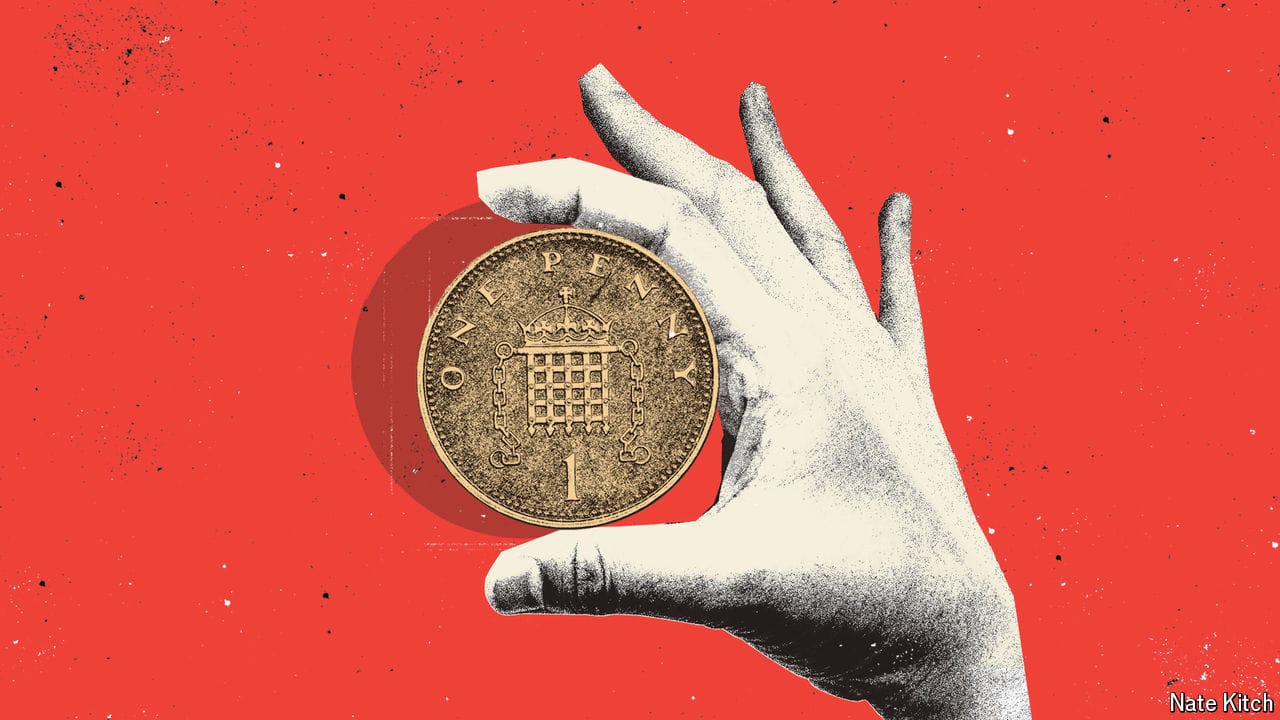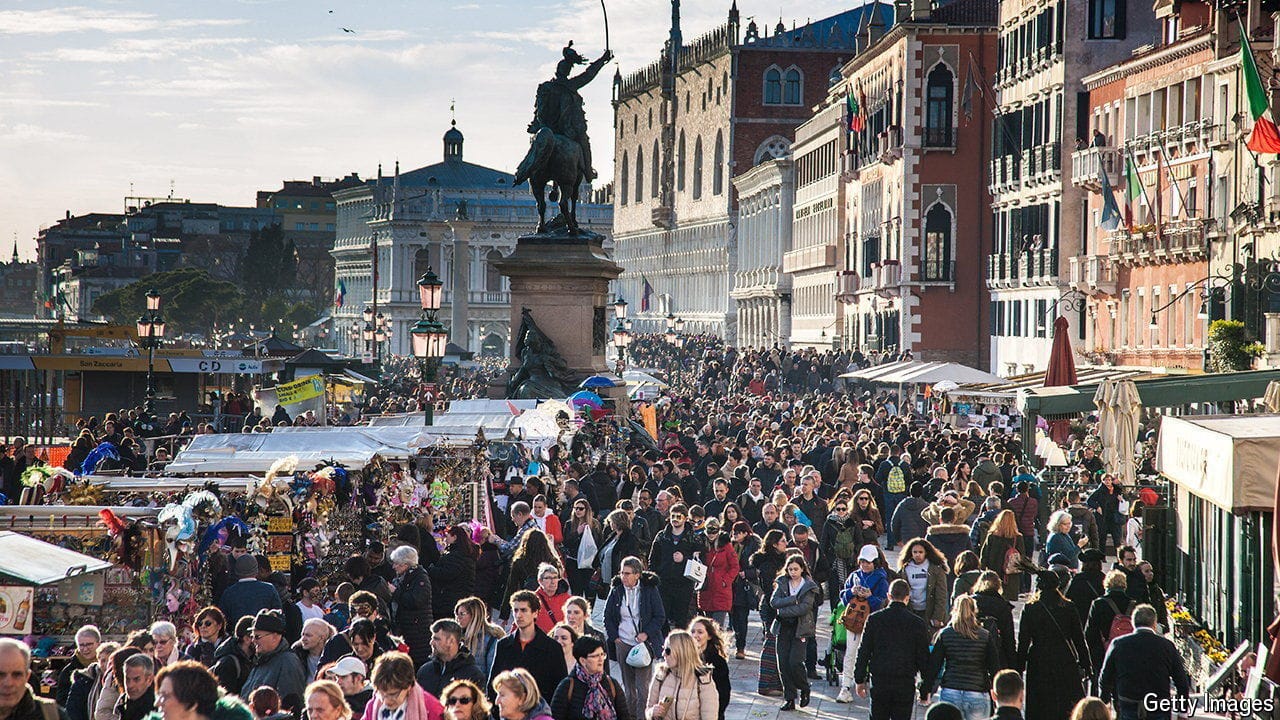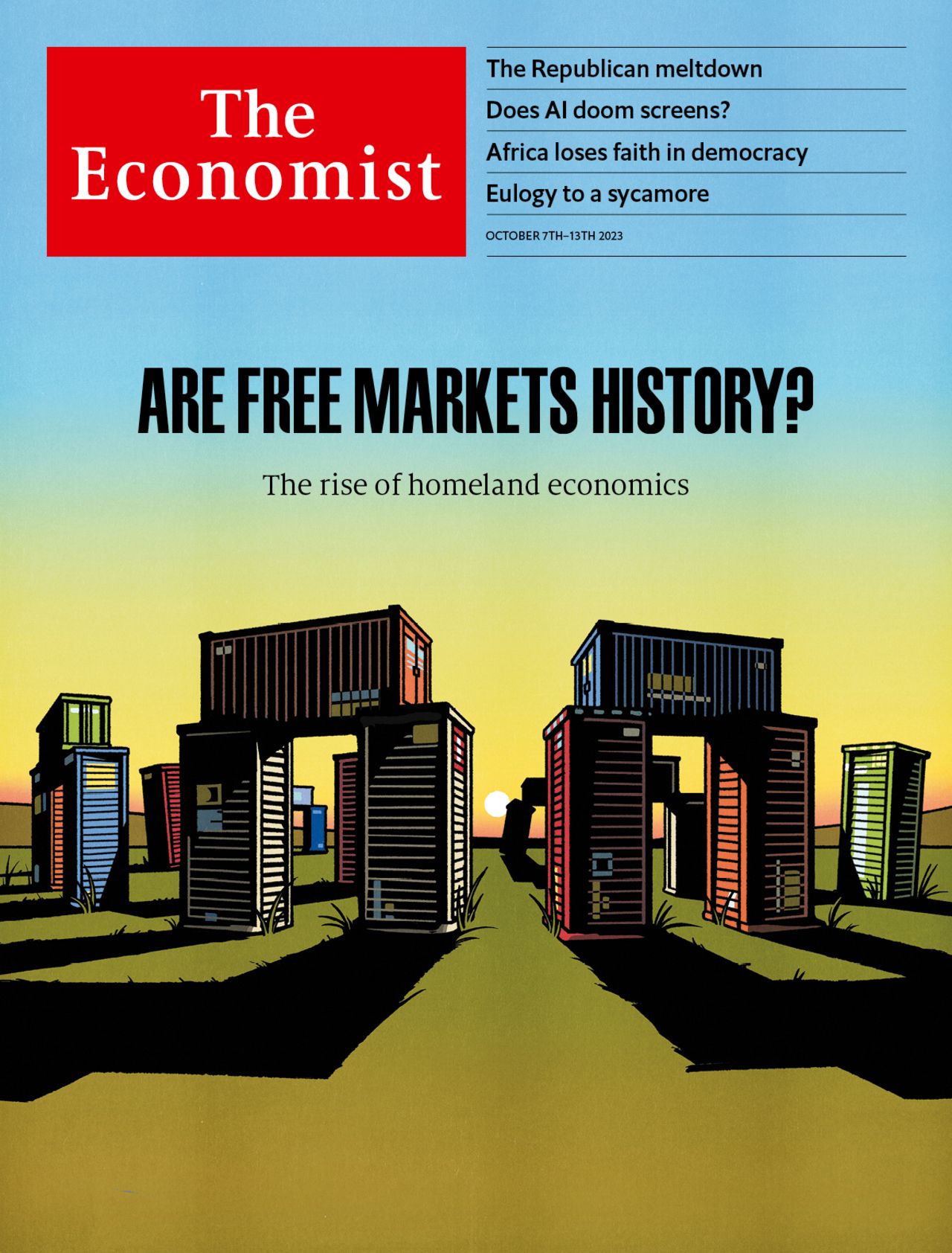In an ugly world, vaccines are a beautiful gift worth honouring
According to the WHO, they have saved more lives than any other medical invention

The Nobel prize for medicine, awarded on October 2nd to Katalin Karikó, a biochemist, and Drew Weissman, an immunologist, is a fitting capstone to a great underdog story. Dr Karikó’s unfashionable insistence on trying to get RNA into cells set back her career. She persisted, and the two developed a technique which allowed the immune system to be primed against threats in an entirely new way. When the covid-19 pandemic hit, the mRNA vaccines they had made possible saved millions of lives—and freed billions more to live normally again.
This article appeared in the Leaders section of the print edition under the headline “The greatest benefit conferred on humankind”
Leaders October 7th 2023
- Are free markets history?
- Why Africans are losing faith in democracy
- The ousting of Kevin McCarthy: bad for America, worse for Ukraine
- Rising bond yields are exposing fiscal fantasy in Europe
- In an ugly world, vaccines are a beautiful gift worth honouring
- Rishi Sunak is wrong to amputate Britain’s high-speed rail line
More from Leaders

How to respond to the riots on Britain’s streets
The violence demands robust policing, but it also requires cool heads

Is the big state back in Britain?
The risk is not too much interventionism, but too little audacity

How to make tourism work for locals and visitors alike
Holidays don’t have to be hell
Genomic medicines can cost $3m a dose. How to make them affordable
The treatments are marvels of innovation. Their pricing must be inventive, too
Chinese companies are winning the global south
Their expansion abroad holds important lessons for Western incumbents
The Middle East must step back from the brink
That still means starting with a ceasefire in Gaza
